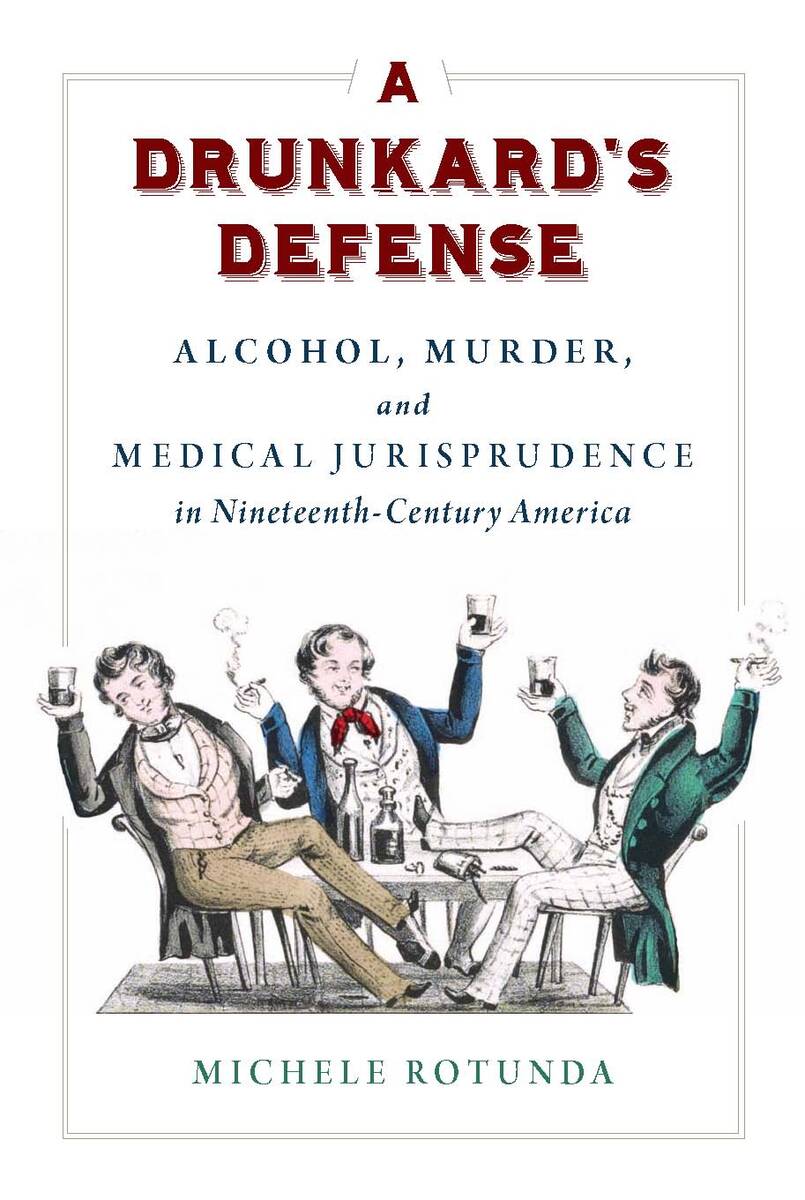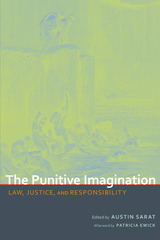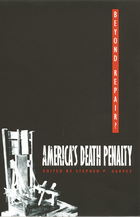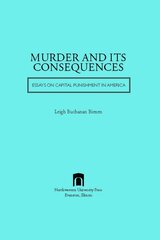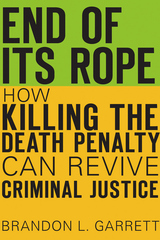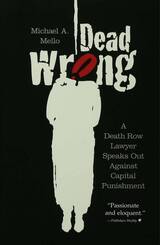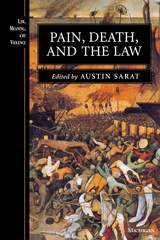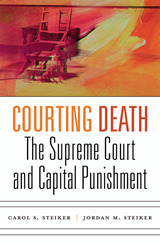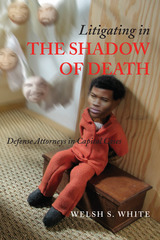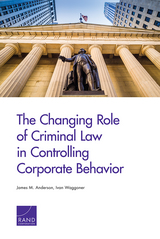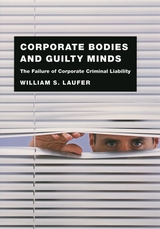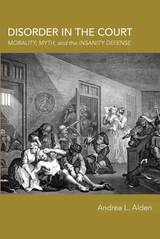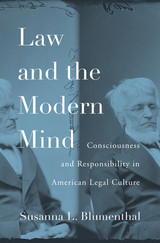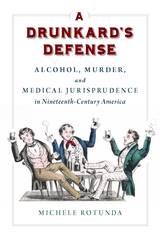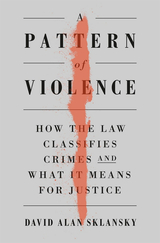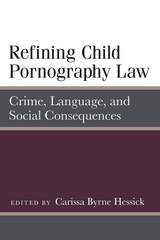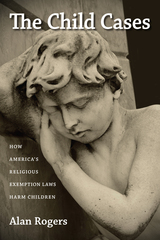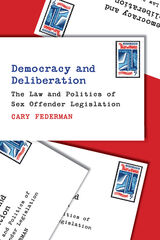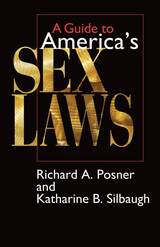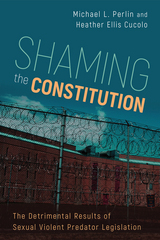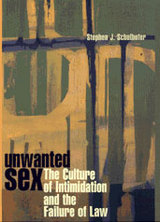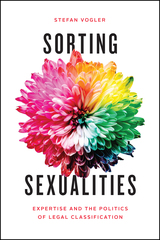A Drunkard's Defense: Alcohol, Murder, and Medical Jurisprudence in Nineteenth-Century America
University of Massachusetts Press, 2021
eISBN: 978-1-61376-800-6 | Cloth: 978-1-62534-553-0 | Paper: 978-1-62534-554-7
Library of Congress Classification KF9243.R68 2021
Dewey Decimal Classification 345.7304
eISBN: 978-1-61376-800-6 | Cloth: 978-1-62534-553-0 | Paper: 978-1-62534-554-7
Library of Congress Classification KF9243.R68 2021
Dewey Decimal Classification 345.7304
ABOUT THIS BOOK | AUTHOR BIOGRAPHY | REVIEWS | TOC
ABOUT THIS BOOK
Is drunkenness a defense for murder? In the early nineteenth century, the answer was a resounding no. Intoxication was considered voluntary, and thus provided no defense. Yet as the century progressed, American courts began to extend exculpatory value to heavy drinking. The medicalization of alcohol use created new categories of mental illness which, alongside changes in the law, formed the basis for defense arguments that claimed unintended consequences and lack of criminal intent. Concurrently, advocates of prohibition cast "demon rum" and the "rum-seller" as the drunkard's accomplices in crime, mitigating offenders' actions. By the postbellum period, a backlash, led by medical professionals and an influential temperance movement, left the legacy of an unsettled legal standard.
In A Drunkard's Defense, Michele Rotunda examines a variety of court cases to explore the attitudes of nineteenth-century physicians, legal professionals, temperance advocates, and ordinary Americans toward the relationship between drunkenness, violence, and responsibility, providing broader insights into the country's complicated relationship with alcohol.
In A Drunkard's Defense, Michele Rotunda examines a variety of court cases to explore the attitudes of nineteenth-century physicians, legal professionals, temperance advocates, and ordinary Americans toward the relationship between drunkenness, violence, and responsibility, providing broader insights into the country's complicated relationship with alcohol.
See other books on: Alcohol | Disease & Health Issues | Legal History | Murder | Nineteenth - Century America
See other titles from University of Massachusetts Press
